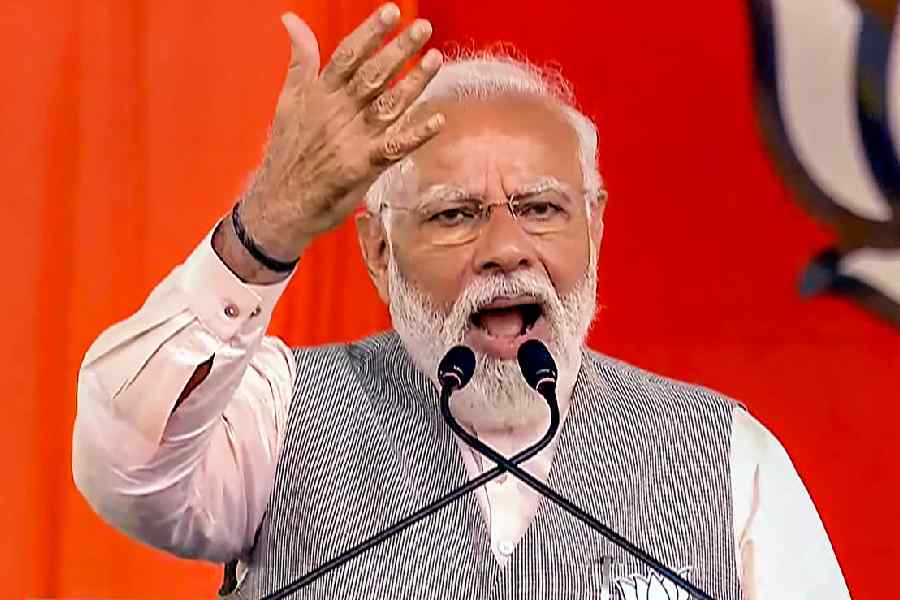The Narendra Modi government’s decision to implement the Citizenship (Amendment) Act more than four years after it was passed by Parliament has predictably sparked criticism from Opposition parties and civil rights groups over the discriminatory element embedded in the law’s structure. But the notification of the CAA’s rules also threatens to inject tension into New Delhi’s diplomatic relations, both with major global partners and neighbours. The law expedites citizenship for Hindu, Sikh, Christian, Buddhist, Jain and Parsi refugees from Pakistan, Afghanistan and Bangladesh on grounds of religious persecution in those countries. But it leaves out Muslims from communities that are also victims of communal violence in India’s neighbourhood — from the Rohingya in Myanmar and the Ahmadiyya in Pakistan
to the Hazaras in Afghanistan. Already, the Centre’s move has set off an uncomfortable public exchange between India and the United States of America. The US state department spokesperson said that Washington was concerned about the law. The Indian ministry of external affairs retaliated by effectively calling the US state department ignorant. Many legislators in the European Union had introduced resolutions criticising the CAA in early 2020, and the implementation of the law is unlikely to win New Delhi new friends in Brussels.
Yet it is in South Asia that the law could hurt India the most. The law accuses Bangladesh, Pakistan and Afghanistan of being incapable of defending the rights of their religious minorities. While that is India’s standard position on Pakistan, and is beyond dispute when it comes to Afghanistan, New Delhi has a close strategic relationship with Dhaka. Bangladesh has been ruled for the last 15 years by Prime Minister Sheikh Hasina Wajed whose government has traditionally stood for a more inclusive society than its political rivals. Dhaka has previously criticised the suggestion that it is persecuting religious minorities and the implementation of the CAA may add stress to bilateral ties at a time when China too is wooing Bangladesh. The CAA also risks doing more long-term damage to India’s reputation in a region where it has long gained diplomatic and moral leverage from its status as a stable, secular democracy. Traditionally, when India has criticised other nations for attacks on religious minorities, its words have carried authority. The CAA erodes that legitimacy by accusing others of attacking their minorities while explicitly keeping out a particular religious minority from its ambit. It is a diplomatic own-goal.











